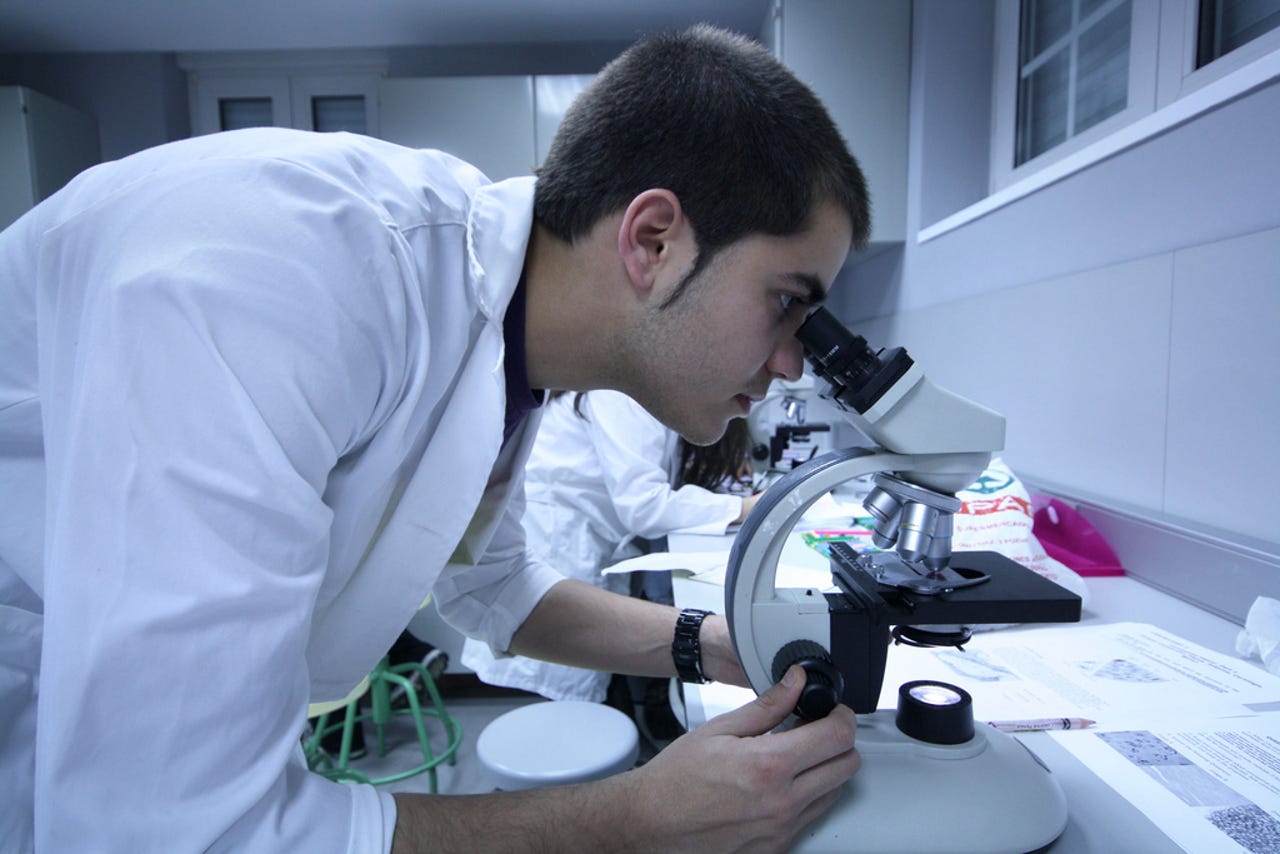Researcher accused of fabricating 'breakthrough' stem cell discovery stands by data


A Japanese researcher has apologised for fabricating parts of a paper outlining ways to bring cells back to immature states, which if true, could revolutionize degenerative medicine.
As SmartPlanet previously reported, the researcher's paper outlined methods to force mature cells back to primitive cells, in order for them to be reprogrammed into other types of cells or used to replace damaged ones.
The papers published by Haruko Obokata in journal Nature in January explained experiments that bathed mouse blood cells in acid and resulted in the creation of pluripotent cells, the kind used in stem cell research and tissue growth.
In total, 20 percent of the treated cells survived and reverted to primitive states. The phenomenon, named stimulus-triggered acquisition of pluripotency (STAP), if refined, could bring hope to those with degenerative diseases such as Parkinson's and Alzheimer's, as replacing damaged cells could halt the progress of these conditions.
However, the 30 year-old researcher has been accused of fabricating parts of the study, which casts doubt on the validity of these experiments -- and the potential uses of STAP cells.
Obokata's employer, research institute RIKEN, found her guilty of fabrication after data irregularities were noticed and researchers worldwide were unable to replicate the results. RIKEN has apologized for the damage done to the credibility of Japan's scientific community, but Obokata put the paper's mistakes down to "inexperience" on her part rather than ill-intent.
Obokata said that she still believes STAP cells have merit, commenting:
"If I have a future as a researcher, I want to help develop these STAP cells to the point that they are usable in their own right and useful to someone."
Read on: Reuters
Image credit: Flickr
This post was originally published on Smartplanet.com